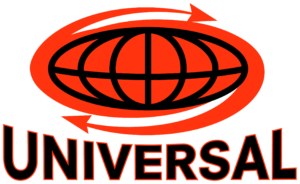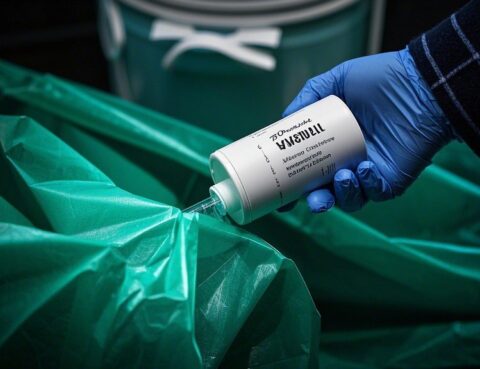
Effective pharmaceutical waste management is crucial for safeguarding public health and preserving Florida’s unique ecosystems. Improper disposal can lead to environmental contamination and pose significant health risks. This comprehensive guide outlines the best practices for managing pharmaceutical waste in Florida, ensuring compliance with federal and state regulations while promoting environmental stewardship. Understanding Pharmaceutical Waste Pharmaceutical…
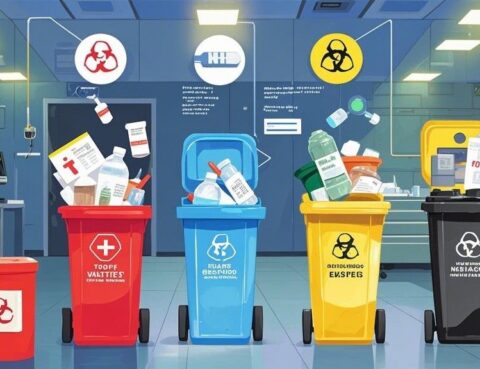
Every year, millions of tons of biomedical waste are generated worldwide. This waste poses serious risks to public health and the environment. From hospitals to research labs, medical facilities produce waste that can be harmful if not managed properly. Improper disposal of biomedical waste is a huge concern. If not handled correctly, it can spread…

Every day, hospitals, clinics, research labs, and medical offices generate waste that requires special handling. This waste, known as regulated medical waste (RMW), includes items contaminated with blood, bodily fluids, or other potentially infectious materials. If not managed properly, medical waste can pose serious risks to human health and the environment. It can spread infections,…
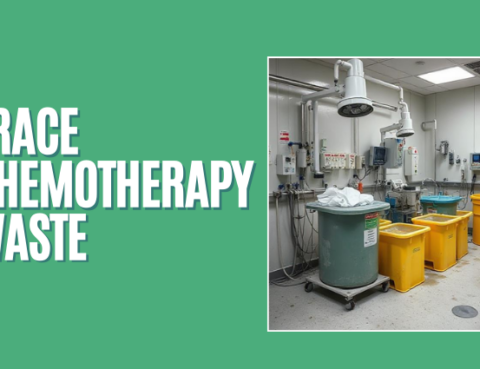
Chemotherapy drugs are a powerful force against cancer, saving lives every day. But with their incredible potency comes responsibility for the proper disposal of trace chemotherapy waste is essential to protect healthcare workers, the environment, and public health. This article explores what trace chemotherapy waste is, why it matters, and how healthcare facilities can handle…

Managing pharmaceutical waste is a crucial component of healthcare and environmental safety. With the rise in pharmaceutical consumption, proper waste management has become more vital than ever. For healthcare providers, institutions, and even households, understanding how to handle and dispose of pharmaceutical waste can safeguard public health and protect our ecosystems. MyBioWaste.com offers expert biomedical…
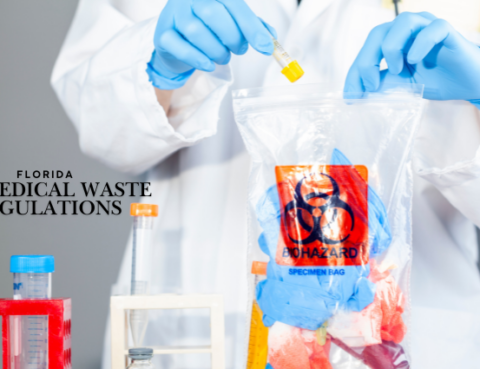
Biomedical waste management is crucial for protecting public health, maintaining environmental safety, and upholding legal compliance. Florida has some of the most comprehensive biomedical waste regulations in the country, designed to ensure that hazardous waste is handled, treated, and disposed of responsibly. In this article, we will Learn the key aspects of Florida biomedical waste…
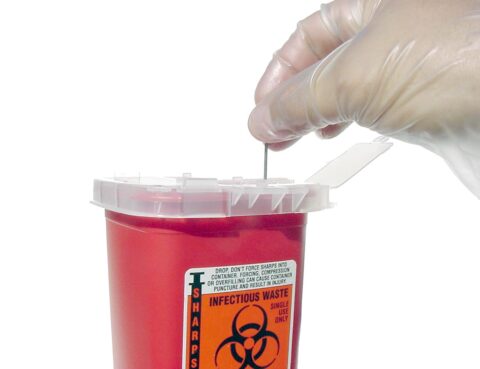
Managing diabetes requires constant attention and responsibility, especially when it comes to safely disposing of used sharps like needles, lancets, and syringes. Proper disposal of these items is crucial to prevent injuries, contamination, and the spread of infections. Fortunately, there are programs that offer free sharps containers for diabetics, ensuring that individuals with diabetes can…
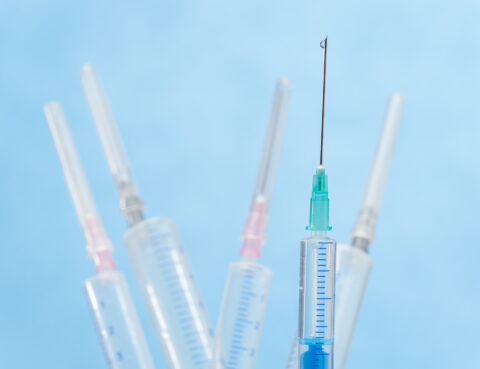
Improper disposal of needles can pose significant risks to individuals, sanitation workers, and the environment. Whether you use needles for diabetes, medical treatments, or other purposes, it’s crucial to handle them responsibly. Sharps injuries can lead to infections, environmental contamination, and even legal consequences in some areas. This guide explains how to dispose of needles…
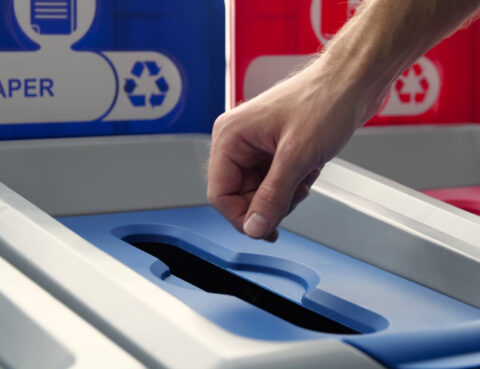
Medical waste is generated by healthcare facilities, hospitals, clinics , labs and even households. If not managed properly it can pose serious environmental and health risks. However some of this waste can be recycled reducing its harmful impact. In this blog post we’ll explore what medical waste recycling is, why it matters and how it…
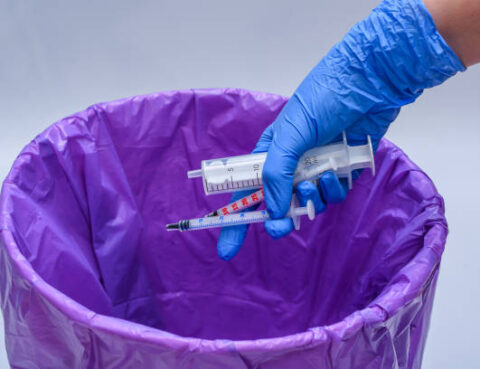
Bio waste which includes biodegradable materials like food scraps, garden waste and other organic matter is a significant environmental concern. Effective bio waste disposal not only reduces landfill waste but also plays a crucial role in environmental sustainability. By adopting proper bio waste management techniques individuals and communities can significantly minimize their carbon footprint and…
